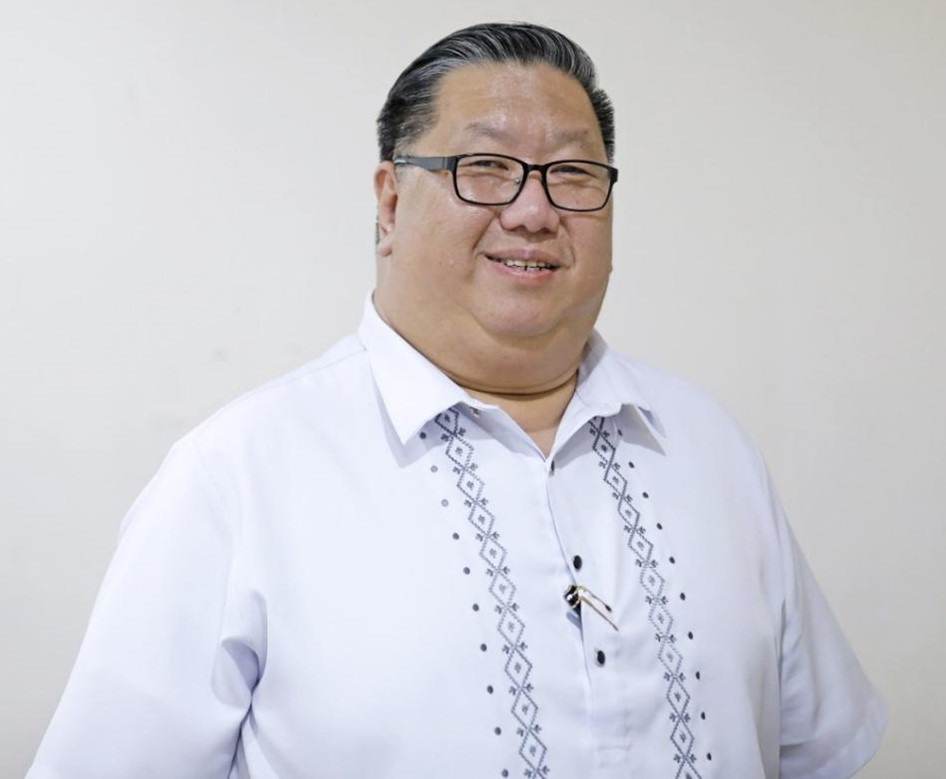FRESH VIEWPOINTS: A NEW PERSPECTIVE
By Brian James Lu
Magna Carta for MSME in retrospect
Share
The Magna Carta for MSMEs (micro, small and medium enterprises) is a document that proves that our government recognizes their importance in the Philippine economy. Suffice to say, the MSMEs are the lifeblood of the Philippine economy since 99.52 percent of businesses are MSMES and only 0.49 percent are large enterprises. They also employ 62.7 percent of total employment.
The Philippine Congress enacted the Magna Carta for MSMEs into law in 1991. This important piece of legislation mandates the government to provide support to MSMEs and promote their development by providing a conducive business environment for them. They are also given easier access to finance through the Landbank of the Philippines (LBP) and the Development Bank of the Philippines (DBP). The Small Business Corporation (SB Corp), which became the financing arm of the Department of Trade and Industry (DTI), was also established, where MSMEs can avail of loans at low interest rates.
There are two other major pieces of legislation that have helped the growth of MSMEs in the Philippines. One is Republic Act 10644, which established Negosyo Centers in all provinces, cities and municipalities all over the country. The Negosyo Centers are responsible for promoting ease of doing business and facilitating access to services for MSMEs. Second is the Barangay Micro Business Enterprises Act, which exempts micro enterprises from income tax arising from their operations and from the coverage of the minimum wage law.
In 2010, there were only a total of 774,663 MSMEs in the country. By 2021, there will be 1,072,122 MSMEs, according to the Philippine Statistics Authority (PSA). The growth of MSMEs can be attributed to the Magna Carta for MSMEs, which provided favorable conditions for their development.
However, MSMEs were badly affected by the Covid-19 pandemic. The PSA revealed in its 2021 Updated List of Establishments that 259,707 establishments were permanently closed while 56,971 were temporarily closed. The government aided the MSMEs in the Bayanihan 1 and 2 laws that covered the country’s response to the Covid-19 pandemic. The implementation can be gleaned from the report of the Commission on Audit (COA) that showed that the CARES (Covid-19 Assistance to Restart Enterprises) program was rolled out by the SB Corp.
According to COA, out of the PHP11 billion budget, a total of PHP9.08 billion was released for implementation. A total of P4.09 billion was used to extend loans to 28,222 MSMEs, representing 2.83 percent of total MSMEs. Of this number, 23,687 are microenterprises, 3,057 are small enterprises, 729 are medium enterprises, and 749 are unidentified enterprises.
It is surprising that of the released amount of PHP9.08 billion, PHP4.99 billion, or 54.96 percent, was not utilized. It could have made a difference to tens of thousands of MSMEs, considering that the loans were collateral-free and interest-free.
The Magna Carta for MSMEs continues to evolve and address the changing business climate. Since its enactment in 1991, it has already undergone two amendments: in 1997 and 2008. This year, the House of Representatives’ Committee on MSME Development is taking initiatives to amend the Magna Carta for MSMEs. Several proposals are on the table, which we hope will provide more opportunities for MSMEs.
A proposed amendment is to limit the cost of permits and licenses to PHP500 per agency for registered microenterprises and PHP5,000 per agency for registered small enterprises. This is favorable to micro and small enterprises, considering that starting a business should not be burdensome. Of course, there is also the problem of complying with documents for business permits, but this is now the so-called Ease of Doing Business to encourage Filipinos to set up their businesses.
It is also worth noting that an amendment was introduced to mandate government agencies to allocate 20 percent of all their procurement opportunities for goods and services to eligible MSMEs. This is a welcome development considering that the government needs to patronize the products of MSMEs, especially those that are locally made.
An amendment is also introduced to allow the use of free spaces measuring at least 1 percent of the total space in government buildings and structures by authorized MSME stores free of charge. Free space refers to "the space that may be used for selling purposes without need for the payment of rent, goodwill fees, royalties, commission percentages on sales, or other similar schemes." This proposed amendment gives more opportunities for MSMEs, given that store spaces like tiangges are exorbitant. Priorities should be given to startup microenterprises since they lack capital and are locally produced.
An amendment was also introduced to mandate private malls allot the same 1 percent free space for MSMEs. However, during the committee discussions, this was deemed confiscatory and tantamount to taking without just compensatio. Efforts to amend the Magna Carta for MSMEs to provide more opportunities for the sector are laudable. It is imperative for organizations of MSMEs to raise their voices and participate in the committee deliberations, considering that their interests are at stake.
Starting a business and making it sustainable is very challenging, considering the changing business climate and the effects of the Covid-19 pandemic. But with a Magna Carta for MSMEs that is responsive to the sector’s needs, we may see the continued development of the business sector. In particular, the realization in the Magna Carta for MSMEs is "to promote, support, strengthen, and encourage the growth and development of MSMEs in all productive sectors of the economy, particularly rural and agri-based enterprises."
Comments
About the Columnist

BRIAN JAMES J. LU, MMgt, is an entrepreneur, business adviser, government consultant, and is deeply involve in civil society organizations. He advocates good governance, ethical business practices, and social responsibilities. He is the President of the National Economic Protectionism Association (NEPA) and Chairman of the Foundation for National Development (Fonad). His broad experiences in the private and public sectors give him a unique perspective to advance his advocacies.
